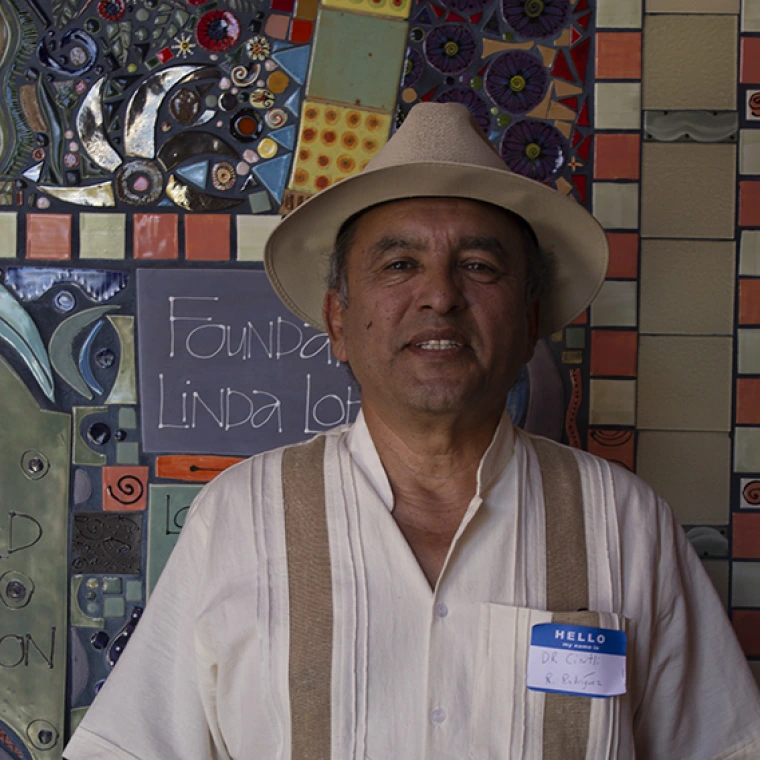Roberto Rodriguez
Have taught a class on cultural nutrition either through a class on Mexican American Culture or through special topics. This year, I have submitted a proposal to make it a permanent course as: Barrio Cultural Nutrition: Sacred Foods and Medicines of the Americas. This class has a duo focus. One is viewing Mexican/Central American culture [and history] through the prism of the foods and medicines of the Americas. In particular, Maiz, in effect, is the story of this continent. Virtually all Indigenous peoples of the continent have had and continue to have a relationship with this ancient sustenance – a food that was literally created many thousands of years ago in the southern region of Mexico near Central America. Virtually all these peoples and cultures have stories about their relationship to maiz. This class also examines the foods of the Americas as anti-dotes to the obesity, diabetes and heart disease crisis in this country. Students will examine the various foods of the Americas, including the “Seven Warriors of Nutrition”: Maiz, beans, squash, chile, cactus, maguey & amaranth. Other native foods such as tomatoes, potatoes, quinoa, chocolate, chia, spirulina, huitlacoche and mesquite will also be examined. The class also examines Mexican American and Central American Barrio culture in the United States and the role of these foods in their diet. Also examined is the modern relationship these peoples have with these foods, including food as medicine and the relationship between foods and forced migrations due to international trade agreements and the introduction of genetically modified crops. The class will include various hands-on activities and several on-site visits. Students will also learn “maiz methodology,” which relies heavily on elder epistemology or knowledge of elders, and emphasizes clarity, transparency and the reciprocal nature.


